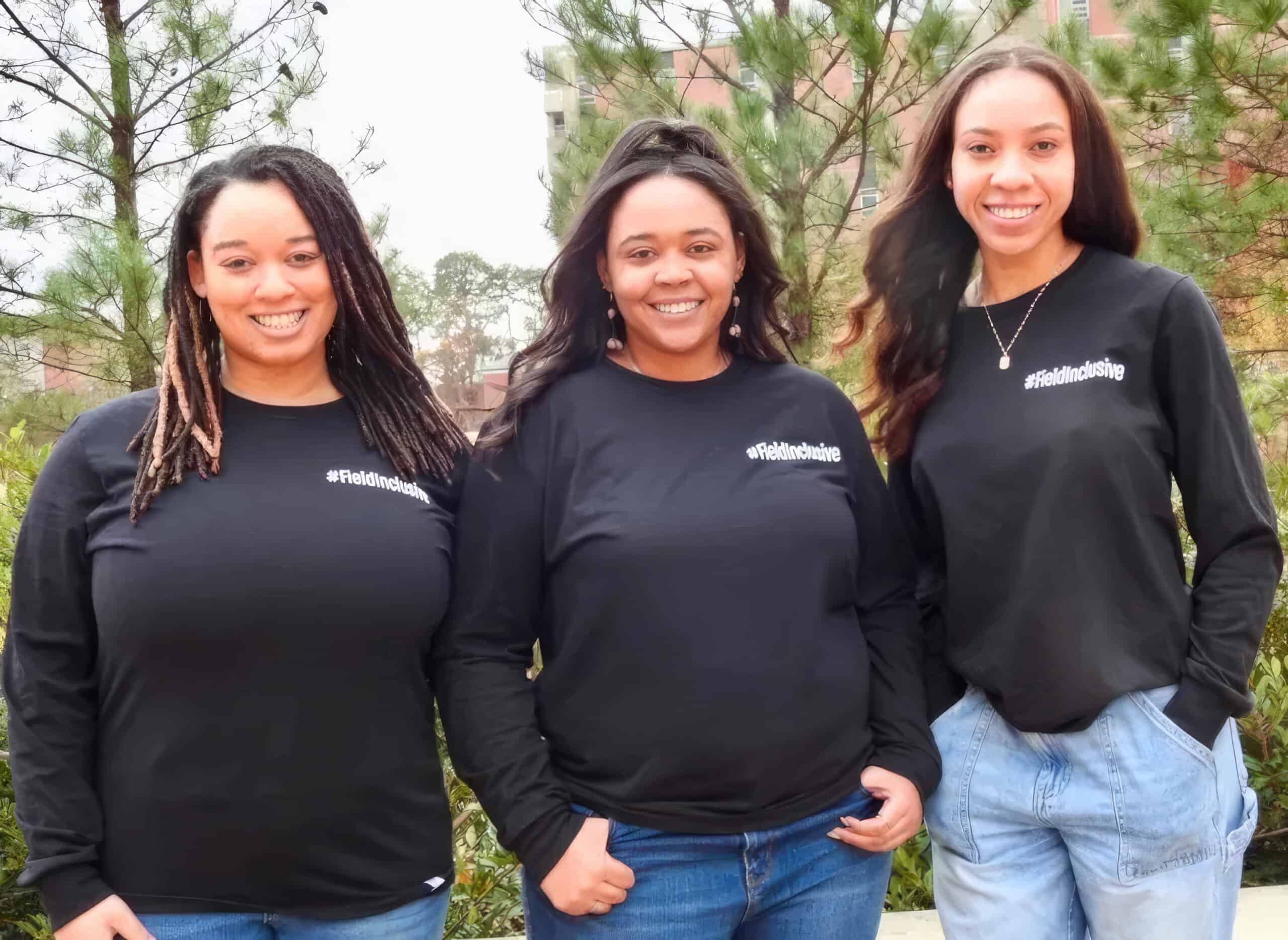Share this article
‘There is still a long way to go’
Nature can be an unwelcoming place for researchers from underrepresented groups
“As a master’s student and forestry researcher, I can say from firsthand experience that spending time in nature is one of the most rewarding aspects of doing environmental field work,” writes North Carolina State University researcher Kayla Stukes. “Not only do those of us who work professionally outdoors find peace and joy in what we do, we are, in a way, protectors of the Earth. From wildlife biologists to foresters, we work to protect what we love.
“As a Black woman, however, I’ve learned that the duty of conserving and protecting our planet isn’t always as easy for people like me as it is for others. Often, people from underrepresented racial, religious, and gender groups and other marginalized communities have been made to feel unwelcome in natural spaces, where they should feel safe, secure, and at peace.”
Stukes is an intern with Field Inclusive, a nonprofit founded by TWS members Murry Burgess and Lauren Pharr that seeks to raise awareness for a more inclusive outdoors
In an opinion piece in Undark, Stukes discusses the challenges that researchers from nontraditional backgrounds can face in the field from community members and law enforcement. The issues likely stem in part from the lack of diversity in the career field, she writes.
“As of late, the field has become more inclusive in most aspects, but there is still a long way to go,” Stukes says.
Header Image: Field Inclusive, a nonprofit working to make the outdoors more inclusive, was founded by North Carolina State University students Murry Burgess (left) and Lauren D. Pharr (middle). Intern Kayla A. Stukes (right) reports that the organization has received many testimonials from researchers of color about disquieting encounters in the field. Credit: Field Inclusive








